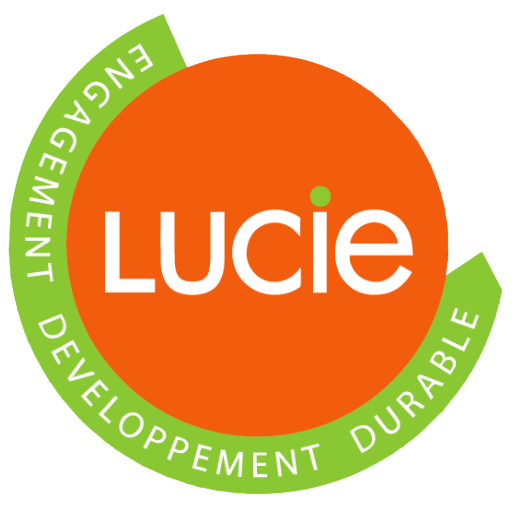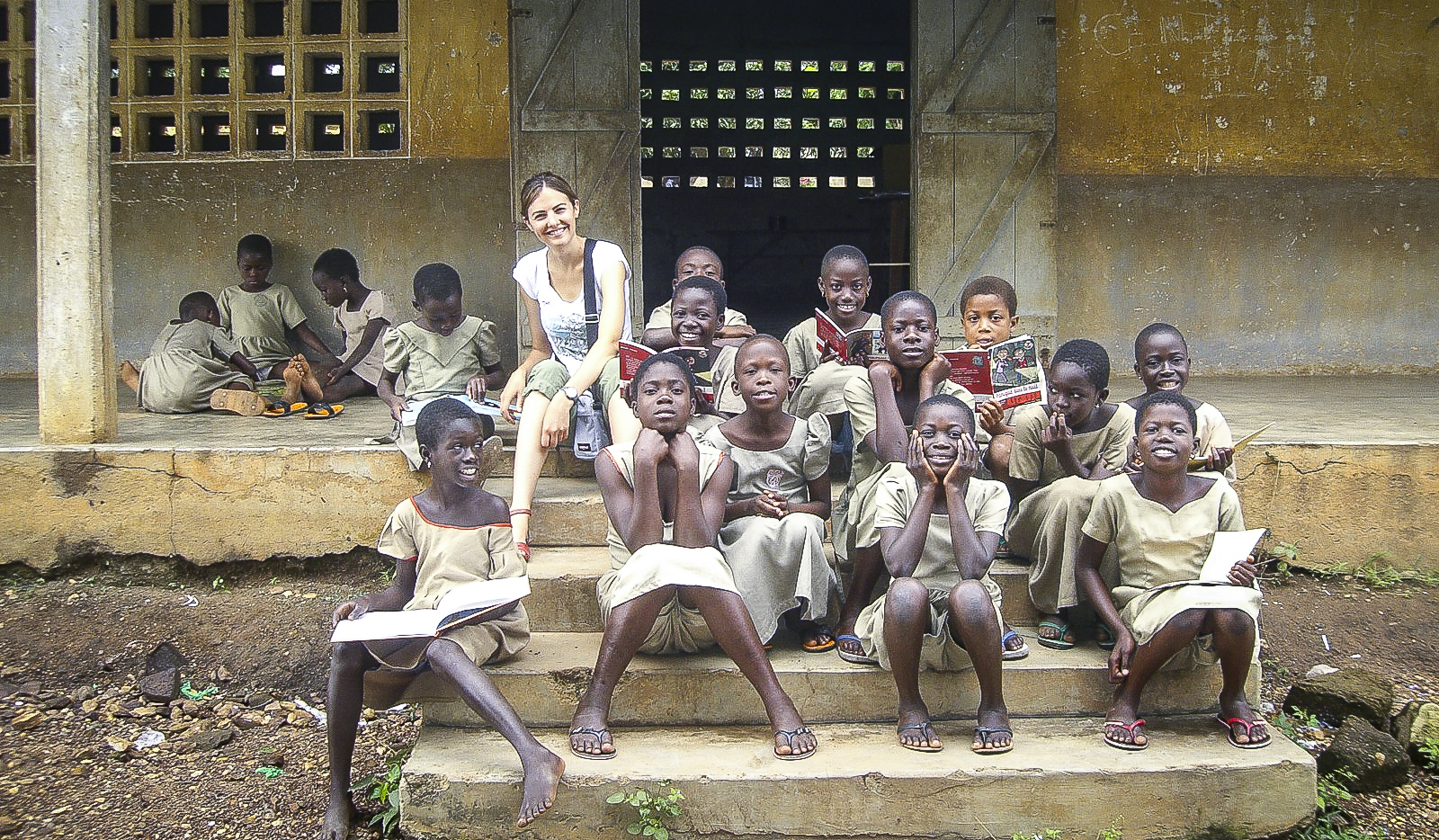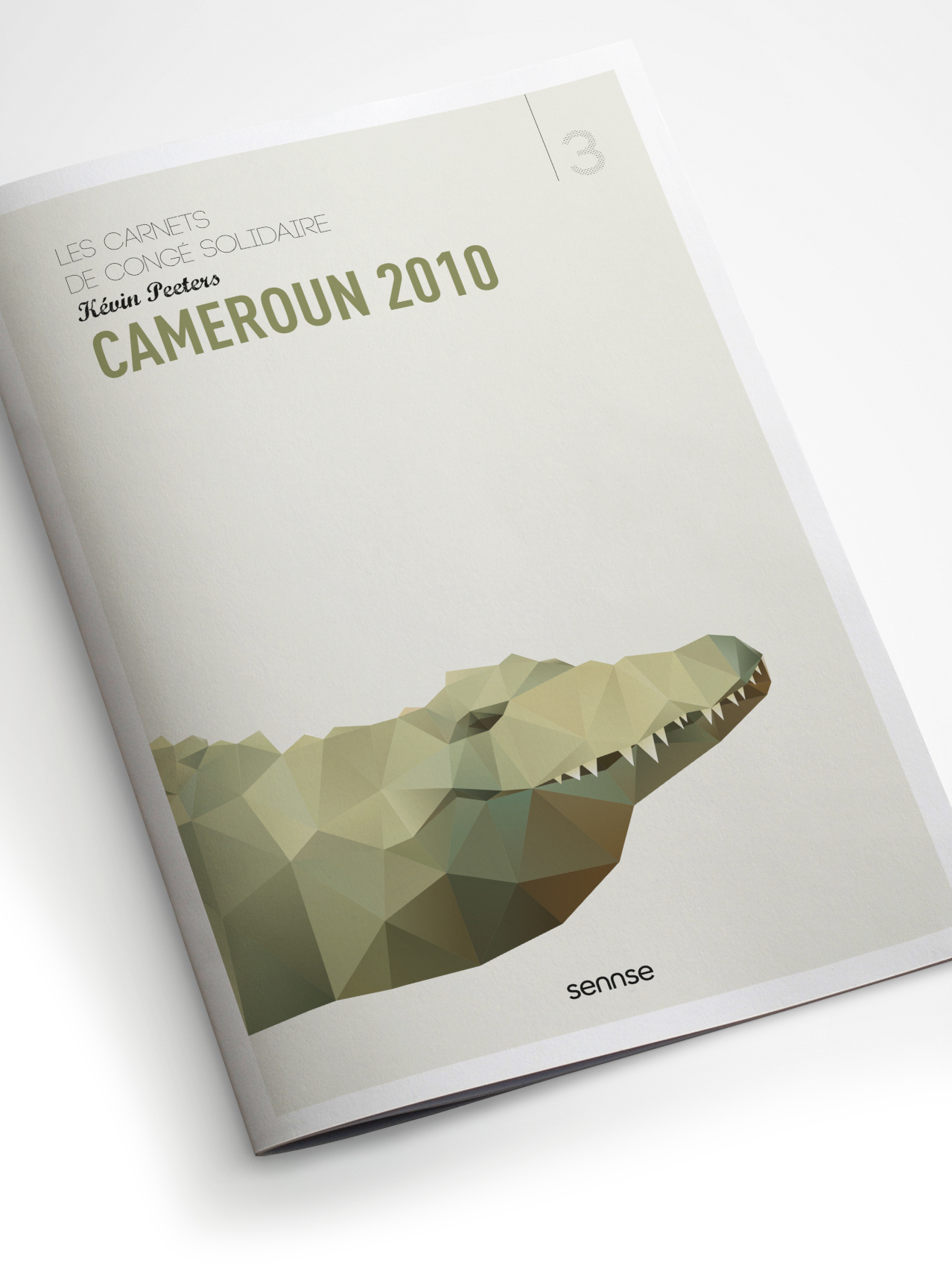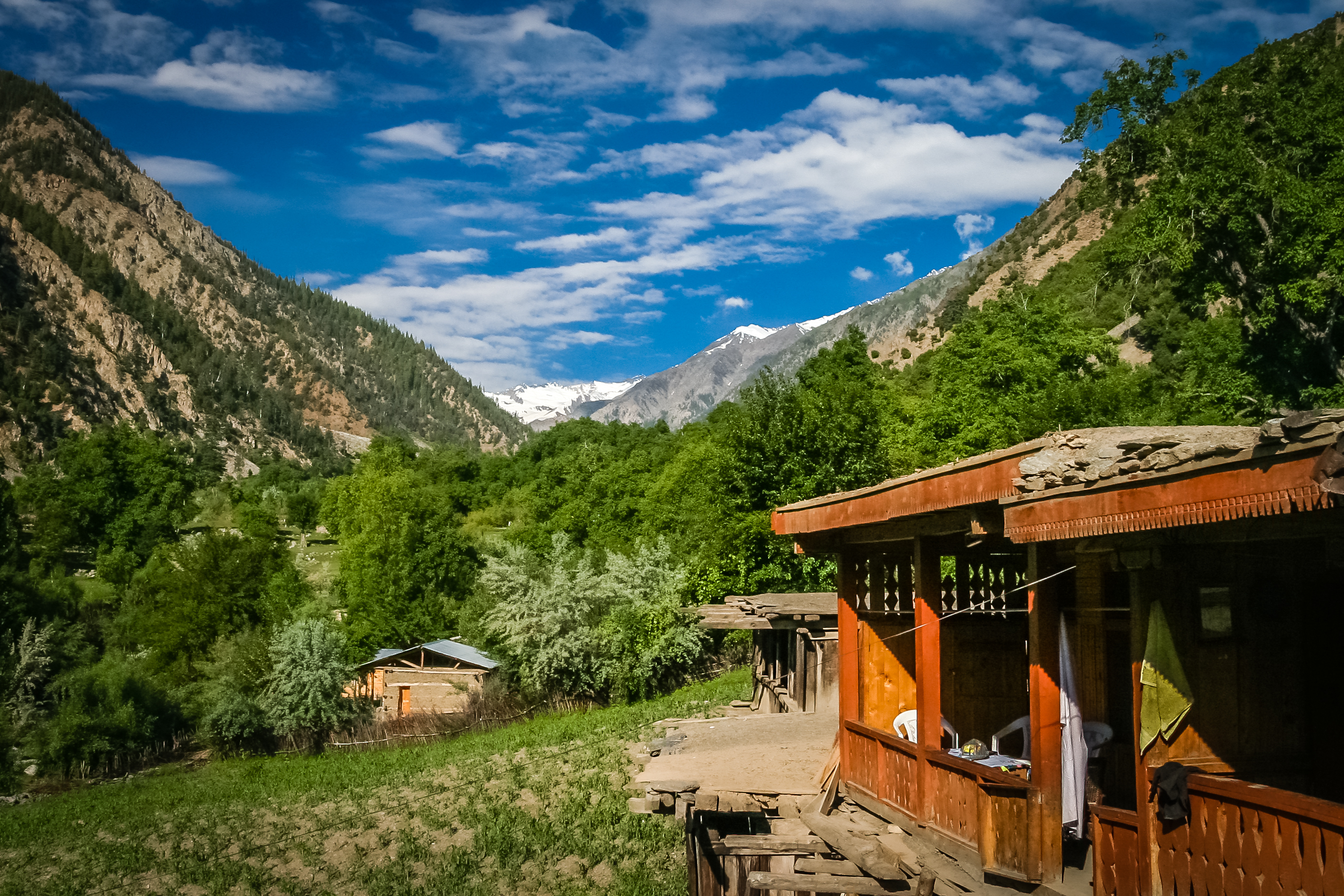
RESPONSIBILITY
Personal development and well-being
Eco-responsibility
Social dialogue

SOLIDARITY
Solidarity leave
Skill-based sponsorship
Climate change solidarity initiatives

ETHICS
Respect of our commitments
Transparency of our actions
Equity in our relationships

Our engagement
At Sennse, we are particularly committed to social and environmental responsibility (often known as corporate social and environmental responsibility and shortened to CSR), as shown by our Lucie accreditation (French CSR certification).
Our CSR Committee, set up in 2008 and made up of representatives from throughout the agency, is there to ensure we commit to concrete actions such as organizing outside events and internal conferences on the themes of CSR, sorting and limiting paper waste, reducing energy expenditure or neutralizing CO2 emissions linked to transport. Everything is done to inform and involve all the agency’s employees.
Beyond these daily actions, Sennse’s CSR commitment is also reflected in the three areas of paid leave for humanitarian projects, skill-based sponsorship and climate change solidarity initiatives.

LUCIE certification
In June 2015, Sennse obtained LUCIE certification, illustrating the strength of its commitment to CSR (Corporate Social Responsibility). The evaluation carried out by Afnor (French national organization for standardization) is made up of 28 principles grouped into seven commitments.
Eco-consultants have been with us since 2015 as part of this process.
The 7 commitments of the accreditation
n°1
Respecting the interests of clients and consumers
n°2
Acting for the environment
n°3
Acting faithfully and responsibly in our work
n°4
Valuing human capital
n°5
Respecting the fundamental rights of people
n°6
Combining the interests of the company and the common good
n°7
Ensuring transparency in decision-making and control systems
A RESPONSIBLE AND SUSTAINABLE PURCHASING POLICY
We have a responsible purchasing policy based on principles, regardless of the product or service purchased. This policy meets a specific CSR commitment objective.
Convinced that this responsible purchasing practice promotes trust and ensures reciprocal confidence in commercial business, we encourage all members of the company and all our partners and subcontractors to adhere to these values of sustainable development.
In this responsible purchasing policy, we are committed to:
• Promote the creation of lasting relationships with suppliers
• Foster a preference in the choice of local suppliers
• Use, when required, a work integration agency rather than to a conventional temporary employment agency.
• Give preference to suppliers who have embarked on a sustainable development approach
• Promote products with a recognized independent accreditation
• Propose the introduction of innovative and responsible purchases
• Prevent any act of active or passive bribery
• Respect the rights of competition and intellectual property
As part of our responsible commitment to our suppliers, we have taken several actions, many included in our purchasing policy. Here, we follow the principle of action 10 in the ISO 26000 standard which encourages companies to promote the social responsibility of suppliers and subcontractors by integrating social and environmental criteria into the selection process.
We have developed a questionnaire to measure their progress in this area. It is a question of embarking on a process of raising awareness of CSR issues to make our partnership an active one for the benefit of all and one that commits us in the long term alongside partners who share our views.
Today Sennse can count upon fifty committed partners.
Paid leave for humanitarian projects
Since 2009, Sennse has worked with Planète Urgence to carry out a variety of projects of international mutual assistance.
The principle
An employee of the agency dedicates their holiday and contributes their skills to an international solidarity project in Africa, Asia or Latin America, organized and monitored by Planète Urgence. On the ground, they are welcomed and supervised by a local non-profit organisation who accompanies them throughout their assignment. Sennse covers the costs of accommodation and helps to finance the trip.
The assignments are organized around three topics
• the development of skills for adults, especially for women, for example office automation, marketing, project management, specific technical support;
• socio-educational support for children in difficulty such as school support, socio-educational activities and book-related activities in schools or cultural centres;
• protection and enhancement of biodiversity in national parks by assisting researchers in their scientific assignments and work.

Skill-based sponsorship
For many years, Sennse has offered the time and skills of its employees to non-profit organisations.
As a result, our employees can engage with the voluntary sector through new ventures with a social, cultural, environmental or humanitarian vocation by accompanying an organisation in the setting up its project, providing their skills (graphics, administrative, project management or events) over a period ranging from a few hours to several days a month.
The Sennse CSR committee finds the non-profit organisations thanks to the support of KOEO.
Non-profit organisations supported by Sennse
-
TERRES DE FRANCE
This non-profit works locally with independent producers to contribute to the challenges of sustainable development, by supporting reasoned agriculture in France with the desire to make accessible to as many people as possible the quality products they produce.
-
C.H.D. (Humanitarian Coordination and Development)
The non-profit is one of the main French collectives of international solidarity organisations. It brings together organisations that carry out emergency humanitarian projects and reconstruction and / or development projects all over the world.
-
YMCA FRANCE
This organisation is the oldest and largest movement in the world dedicated to youth. Addressing young people, the YMCA has progressively developed programmes for vulnerable members of society.
-
SOLIDARITÉ TECHNOLOGIQUE
A recognized non-profit association whose vocation is to provide disadvantaged young people in developing countries, and particularly in Africa, with “access to dignity through tools and knowledge”.
-
THE HOUSE OF TOM THUMB
Non-profit which offers accommodation to pregnant women in difficulty regardless of age, origin, family, medical, professional or administrative situation.
-
GENEPI (National Student Group for Teaching Incarcerated Persons)
A student association which wishes to promote the circulation of knowledge in prison institutions between the detainees, its volunteers and civil society.
Climate solidarity
To mitigate the impact of its activity on the environment, Sennse is committed to a climate solidarity approach, in partnership with GERES (Renewable Energies, Environment and Solidarity).
Sennse is involved in two complementary approaches
Reduction of greenhouse gas emissions at source.
All employees of the agency are made aware of the advantages of using public and “soft” modes of transport. Because some business trips require the use of a vehicle, Sennse has a hybrid vehicle for employees to use, reducing CO2 emissions by 30%.
Ethical carbon offset for “incompressible” CO2 emissions:
The 30 tonnes of CO2 emitted annually by the agency as part of its activity are converted into a financial donation to accompany a project to build 1,000 passive solar ships in the Indian Himalayas.

